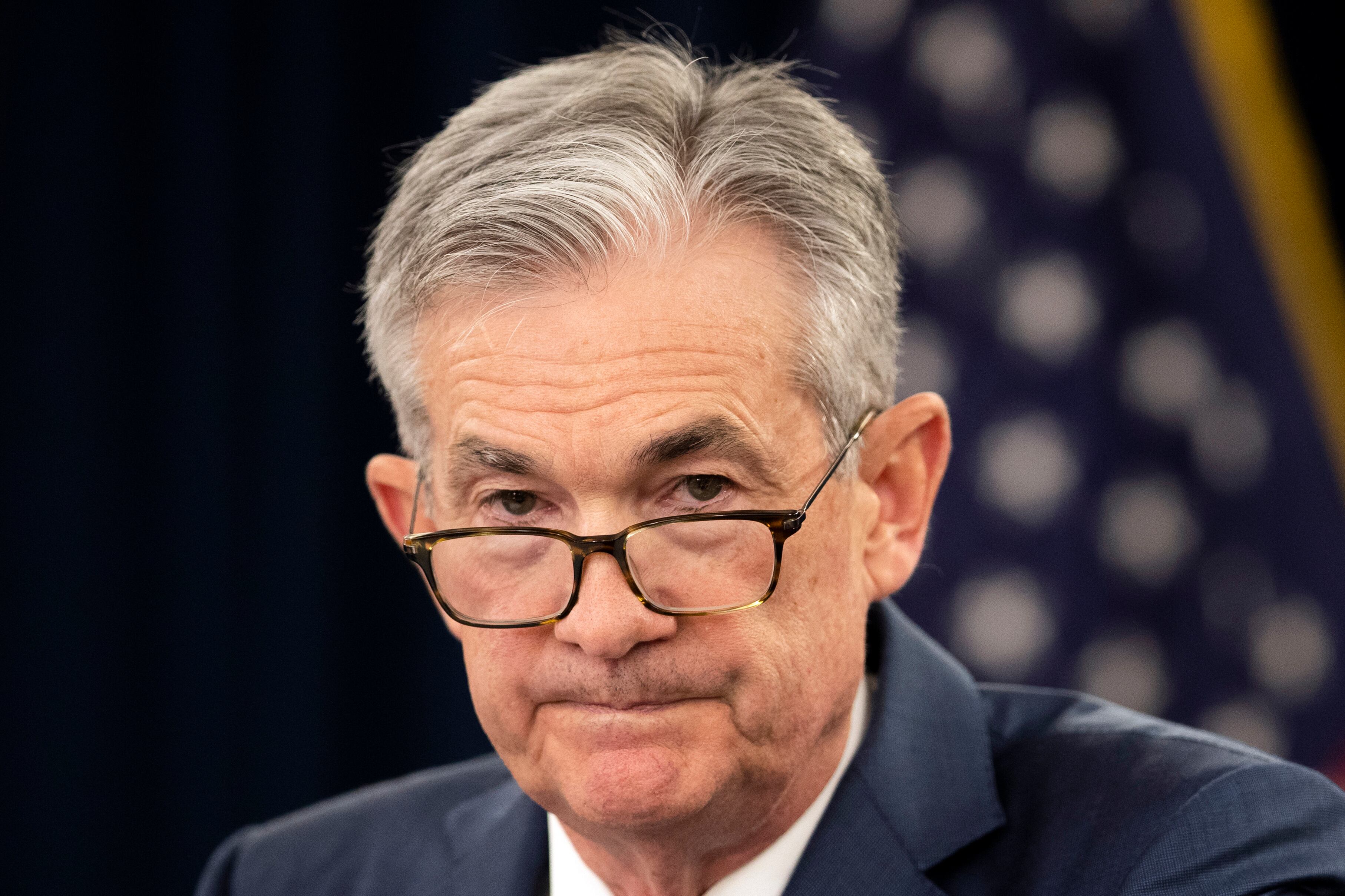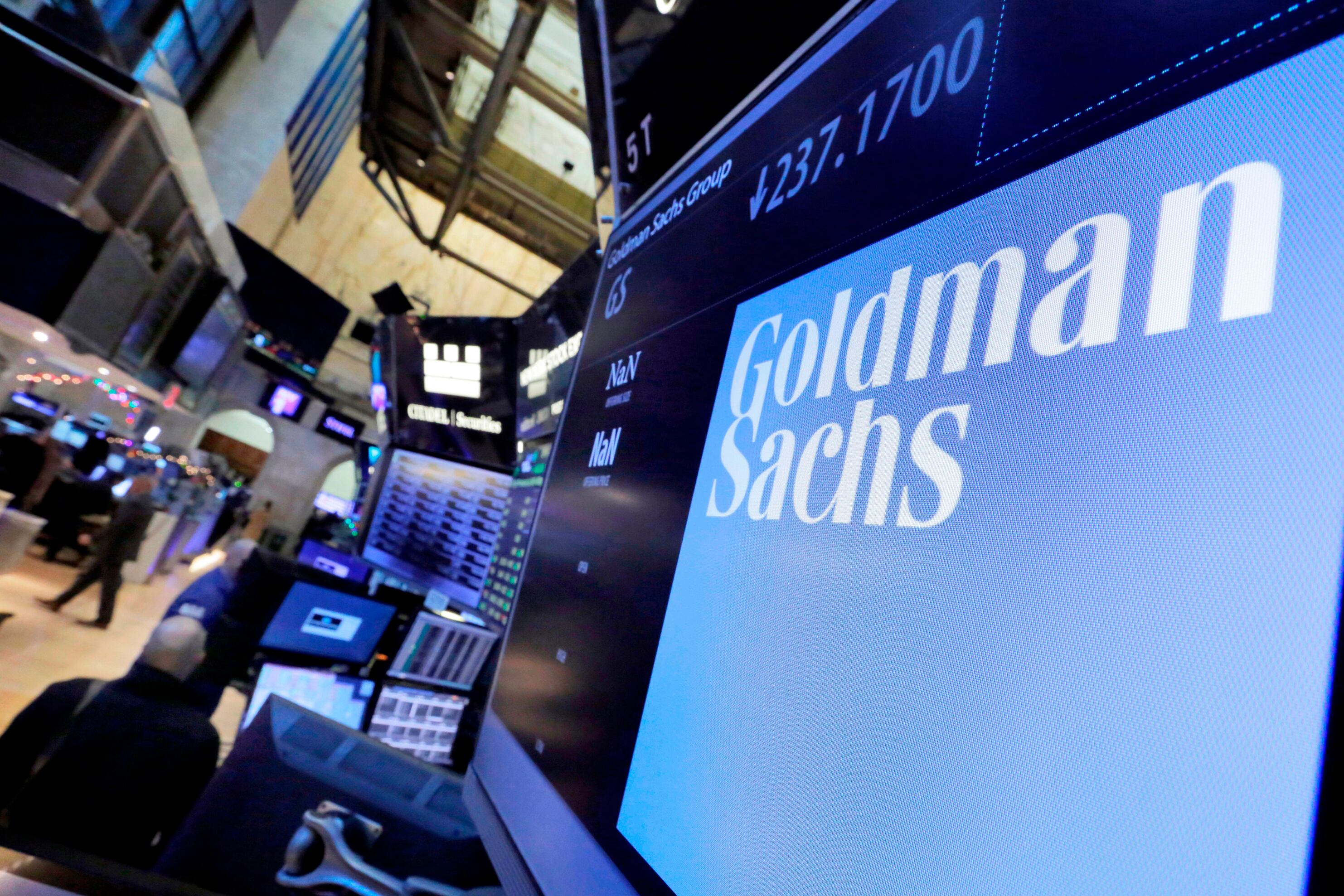For months, the conventional wisdom on the U.S. economy has been that, while there are numerous headwinds and headline risks to both the market and the underlying health of the economy, there has been an unwavering bright spot in the consumer. Earnings from the biggest banks on Wall Street appeared to only strengthen that belief, with every bank with a major U.S. retail arm ー from Chase to Citi to Wells Fargo ー noting strength in consumer spending.
That theory is now being put to the test. Retail sales for September came out Wednesday morning, showing the first decline in seven months. Overall sales fell 0.3 percent in September compared to estimates that called for a 0.3 percent increase, according to analysts polled by both Bloomberg and Reuters. It was the first decline since February of this year.
Jonathan Corpina, a senior managing partner at Meridian Equity Partners who trades on the floor of the NYSE, told Cheddar that the retail numbers point to a "double edge" in the economy. "Economically, our policies have gotten better," he said. "But there's still so much uncertainty."
"It's hard for individuals and companies to really make large, long-term investments at this point," Corpina said. Between Brexit, tariffs, trade, Fed policy, and presidential tweets, there is deep ambiguity that is giving investors pause, and Corpina said it's unlikely that's going to change before next year's election.
"The market continues to take two steps forward, one step back," he said.
Still, retail sales are just a "piece of the puzzle" that should be taken in context, especially with the indications from the the big banks that clients are still spending, and they are still lending. Consumer spending makes up more than two-thirds of the U.S. economy and has been growing at a brisk quarterly clip. Now the question is whether third-quarter data will show that a slowdown is spreading from the manufacturing sector to the consumer.
Upward revisions from the Commerce Department for August also helped soften the blow of the September surprise. Spending was particularly weak in auto dealerships, which saw a 0.9 percent drop, the largest since January. When excluding auto sales, gasoline, retail sales were essentially flat.












